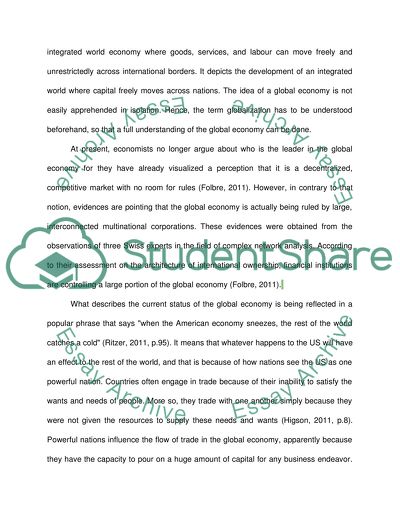Cite this document
(“Crisis in the Global Economy: Chances of Ending Globalization Essay”, n.d.)
Crisis in the Global Economy: Chances of Ending Globalization Essay. Retrieved from https://studentshare.org/macro-microeconomics/1442481-ypthe-current-economic-crisis-experienced-by-the
Crisis in the Global Economy: Chances of Ending Globalization Essay. Retrieved from https://studentshare.org/macro-microeconomics/1442481-ypthe-current-economic-crisis-experienced-by-the
(Crisis in the Global Economy: Chances of Ending Globalization Essay)
Crisis in the Global Economy: Chances of Ending Globalization Essay. https://studentshare.org/macro-microeconomics/1442481-ypthe-current-economic-crisis-experienced-by-the.
Crisis in the Global Economy: Chances of Ending Globalization Essay. https://studentshare.org/macro-microeconomics/1442481-ypthe-current-economic-crisis-experienced-by-the.
“Crisis in the Global Economy: Chances of Ending Globalization Essay”, n.d. https://studentshare.org/macro-microeconomics/1442481-ypthe-current-economic-crisis-experienced-by-the.


